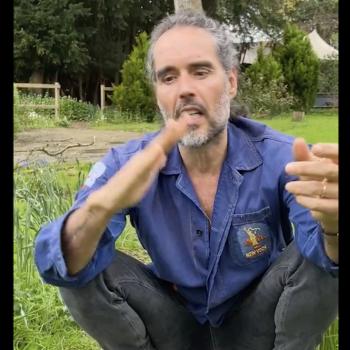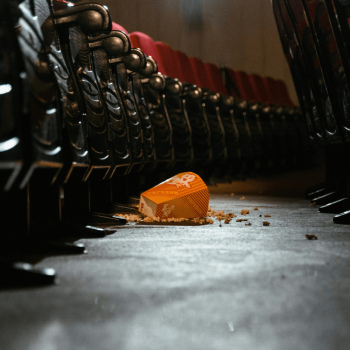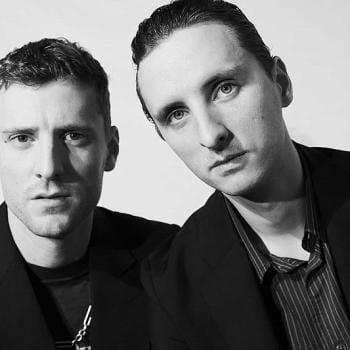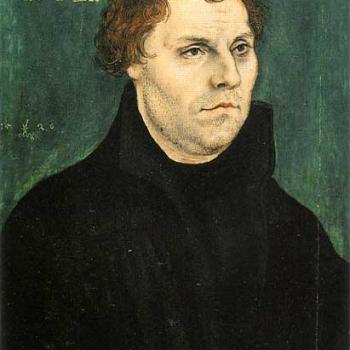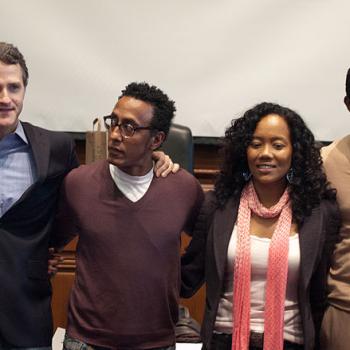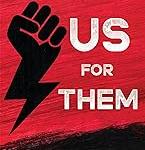Mad Men has just concluded and various encomiums have followed. For David Letterman fans, the timing is unfortunate if only because Dave has to share praise with Don Draper. When Walter White rode off into the Albuquerque sunset, I don’t recall him having to be so generous.
My own estimate, shared by the missus, is that David Simon’s The Wire is the best moving picture production ever made. It’s a cop show, yes. And that was my first reason not to watch. I’ve seen the genre and really don’t need to see more. But it is so much more. It is really about a city trying to cope with a tsunami of illegal drugs and sometimes silly policies and laws to eliminate the sale and use of drugs. The show is not only about cops who try to solve the killings that accompany drug traffic, but also about the way drugs come into the city through the ports (and the unions who staff the ports), the mayor and city government that uses police and crime statistics to win elections, a school system that is a holding pattern for kids who grow up to sell drugs or become addicted to them, journalists who cover a city’s affairs less for the sake of informing citizens than to win a Pulitzer, and how whites, blacks, Irish, Polish, and Greeks manage to get along.
And the series is more relevant than ever. With police brutality and racism in the news for the better part of American attention spans, even after ten years The Wire continues to show how much police work is only as good as the surrounding government, social order, and supporting institutions. The show also features a fictional character, Tommy Carcetti, on whom Martin O’Malley, former Baltimore mayor and current Maryland governor is based. If O’Malley is running for president he will get my vote if only because I’m hoping Simon follows The Wire up with a show about national politics featuring O’Malley.
Which leads me to wonder what Aaron Sorkin would do with the conditions that David Simon explores in The Wire. Sorkin, of course, is the creator of the phenomenally successful show about the U.S. president, West Wing. Where Simon depresses with the selfishness of Baltimore’s residents, Sorkin inspires with a view of the presidency where the chief executive is truly trying to do what is best for the country. The series is not pollyana-ish. Sorkin shows lots of vice and greed in the administration of the federal government. But, like Newsroom, his series about a cable-network journalism show, West Wing presents a view of the United States where people do pull together and live virtuously.
Both Simon and Sorkin inspire, but in very different ways. Sorkin presents an version of American greatness where the country really does the right thing. Simon inspires by following characters who endure under what seem to be impossible odds.
And therein lies a theological point. Simon’s world is a Calvinist one. Life on the streets and in city hall is gritty and Hobbesian — in the “poor-nasty-brutish-and-short” sense. Sorkin’s world is, for lack of a better word, Roman Catholic, at least of Mark Shea is right about his church’s understanding of sin:
And this is the root of hope. For if we throw up our hands and say there’s no such thing as growth or improvement (which is the necessary corollary of the belief that “no person is any worse than another”) then we doom ourselves to a sort of fatalism. For calling all people the same in that sense is identical with saying nothing has ever happened, since Francis is the same as Hitler is the same as King David is the same as Shirley MacLaine. In contrast, the Catholic vision says that the Redemption does make human beings, both individually and corporately, better human beings if they receive it. Not “better” in the sense of “superciliously superior” but better in the sense of “healed and whole.” We are not to be snow-covered dunghills (as Luther imagined), we are not to be mere monsters with a heavenly Lawyer pleading for us, but glorious new creatures all the way down to our bones. That is why the Church takes history seriously. She believes God has been continually at work both in the world and in our lives as kind of storyteller and that it will one day reach a conclusion like a story does. Something wonderful is to be made of us. In short, she really does believe in Creation and holds that Creation is still going on–a Creation that involves our choices, even our evil ones, and God’s choice to redeem us if we will but let him.
I do believe in the reality of sin then. Therefore, I do not believe that “every day in every way, we’re getting better and better” and that Heaven is a sure thing for everyone (though I pray all will be saved.) The hubris of automatic progress is a dangerous lie since it disastrously overlooks the very real possibility of damnation for any of us (especially me). But, following St. Paul, I do not infer from the fact of the Fall that it is best therefore to have a meaningless opinion of everyone as “equally bad and equally good.”
To put a point on it (as Omar Little might say), Simon presents a fairly fatalistic view of the human condition while Sorkin is hopeful about the possibility of good (and even grace since President Josiah Bartlet is a practicing Roman Catholic).
I would pay big bucks to see Simon and Sorkin talk about the United States and how they try to portray it. But as much as I admire Sorkin’s shows, I suspect, largely because I don’t accept the distinction between mortal and venial sin and that’s because I’m a Calvinist, that Simon is the most accurate. After the fall, humans don’t flourish (not even the redeemed ones). The best they can do is persevere the way Jimmy and Bunk do.
Image: David Simon Courtesy of the John D. and Catherine T. MacArthur Foundation



